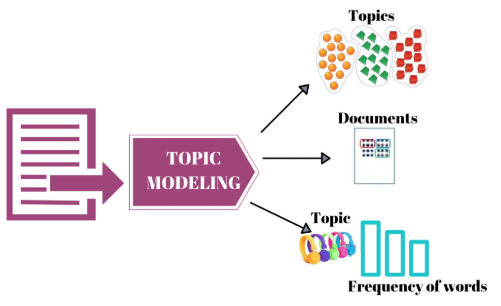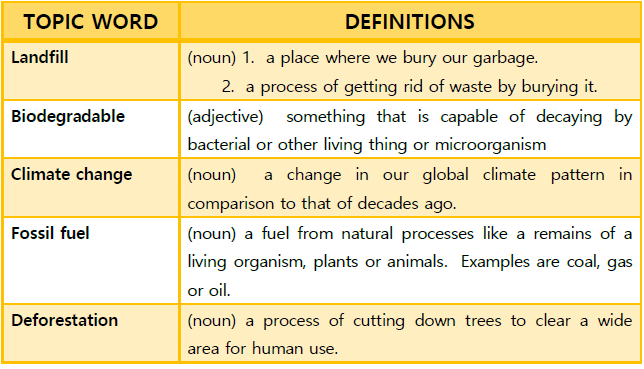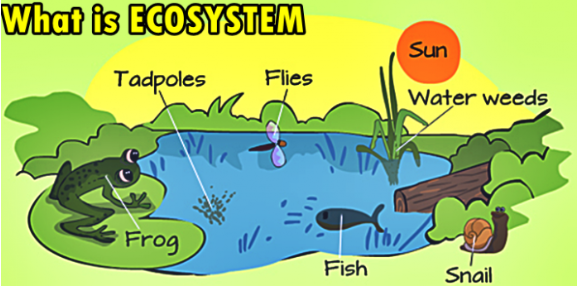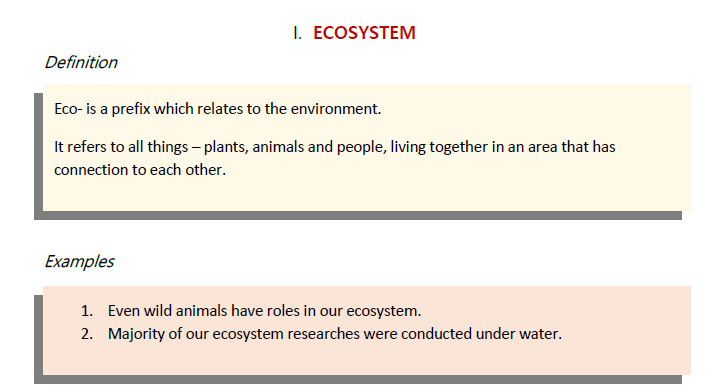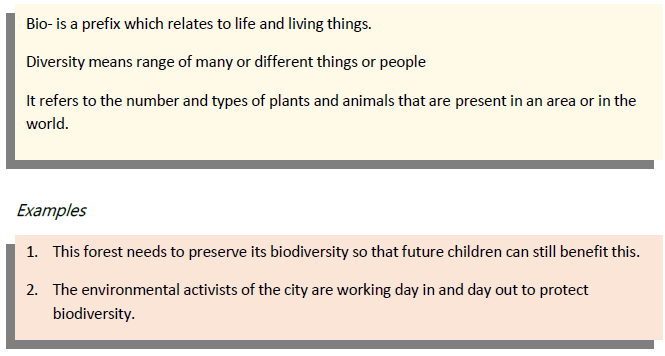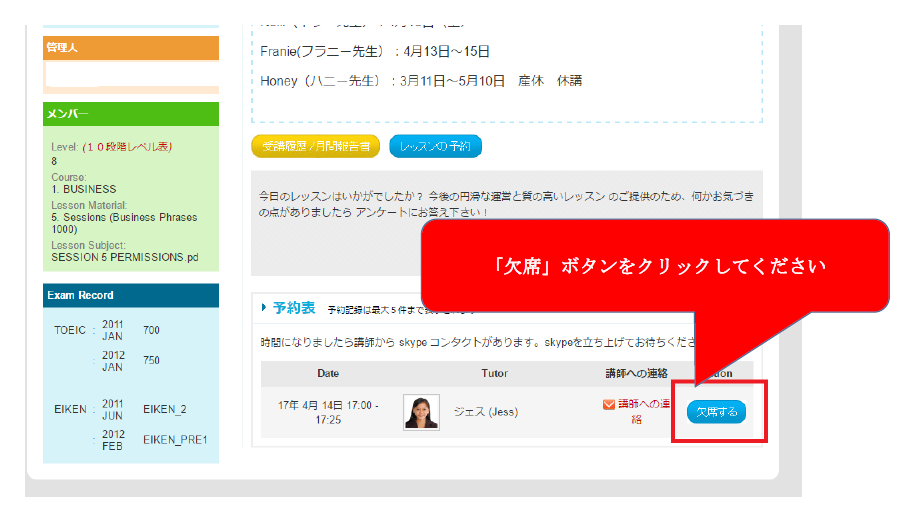
IELTS Writing <Basic Course> Task 1
●教材はマイページ上部メニュー「オリジナル教材」からダウンロードできます。
The materials can be downloaded from 「Original Material 」in My Page
●1 Lesson = 25 Minutes
Lesson Curriculum
Lesson 1 The four types of graph
Lesson 2 Dynamic Graph and useful vocabulary
Lesson 3 Static Graphs and useful vocabulary
Lesson 4 Both static and dynamic and Useful Vocabulary
Lesson 5 Maps
Lesson 6 Process: Natural and Man-made: Stage Language
Lesson 7 Writing the Introduction and Overview:
Lesson 8 Review: Lesson 2 to 7
Lesson 9 Cohesive Devices and Referencing
Lesson 10 The Body Paragraph: Selecting data
Lesson 11 The simple past and Dynamic Graphs
Lesson 12 The simple past, simple present, and simple future: Dynamic Graphs
Lesson 13 The Passive Voice: Man-Made Process and Maps
Lesson 14 Complex sentences
Lesson 15 Review: Lesson 9 to 14
Lesson 16 Guided Practice: Dynamic
Lesson 17 Guided Practice: Static
Lesson 18 Guided Practice: Map
Lesson 19 Guided Practice: Man-made process
Lesson 20 Independent Practice: One complete Essay


